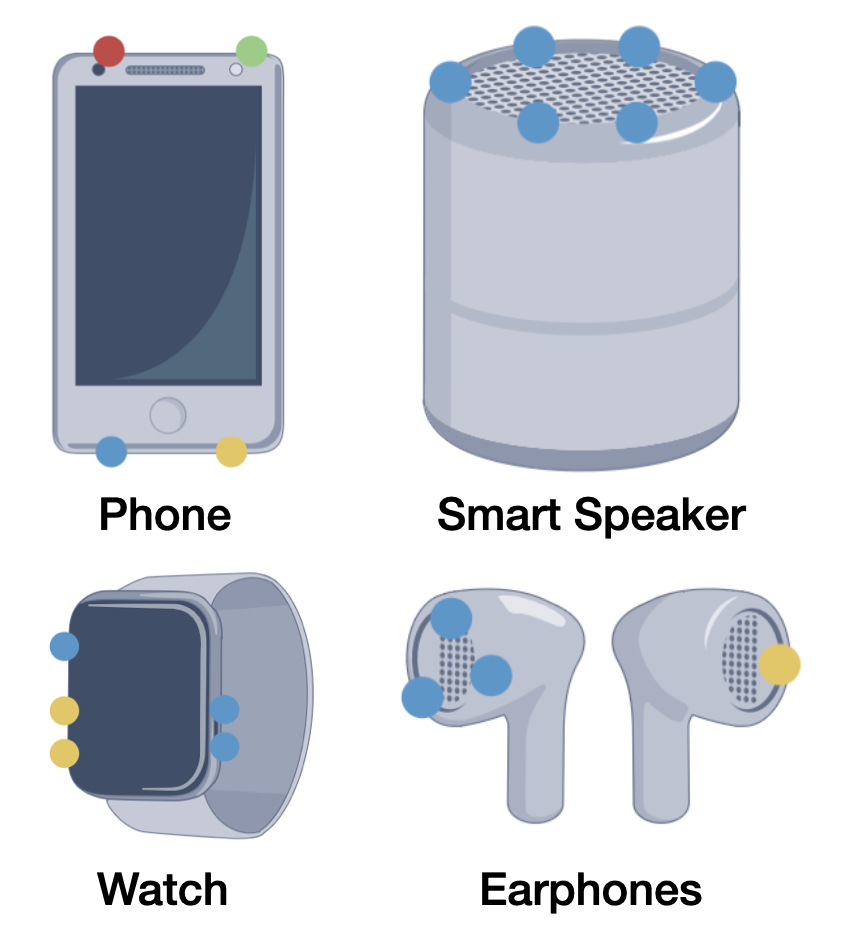Mobile medical systems for equitable healthcare

Major barriers to accessible healthcare include the high cost of medical devices and limited healthcare facilities. Mobile computing technologies, such as smartphones and smart watches, include high-quality hardware, such as microphones, speakers and cameras, which can be leveraged for the design of low-cost mobile medical systems intended to be remotely applied to monitor health and disease. In this Review, we discuss low-cost and accessible hardware — in particular, mobile phones — that can be used in mobile medical systems to aid in medical diagnostics and monitoring. Specifically, we outline acoustic-based systems, vision-based systems and sensor fusion systems that allow different levels of health and disease assessment, relying on the speakers, microphones and sensors of smart mobile devices. We highlight the challenges related to the deployment of mobile medical systems in the clinical continuum, including scaling, generalizability, bias, trust and privacy. Finally, we examine clinical integration and regulatory considerations with regard to mobile medical devices as well as future applications.